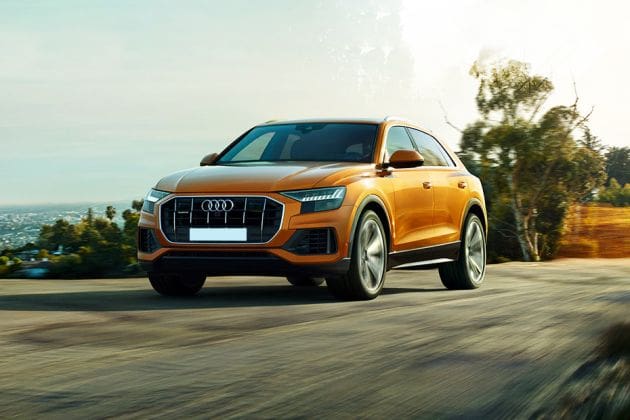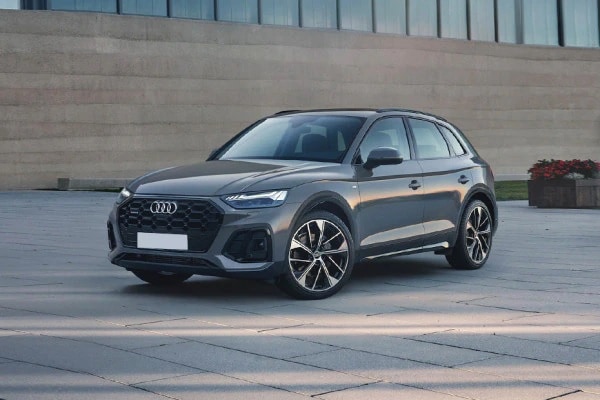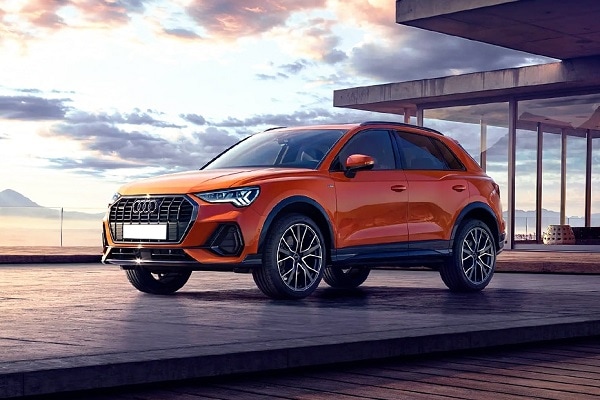Audi says Covid-19 has pushed back luxury car segment in India by 5-7 years
- Audi India Head Balbir Singh Dhillon has said that the carmaker is not even going to reach the level of 2014-2015 sales immediately next year.
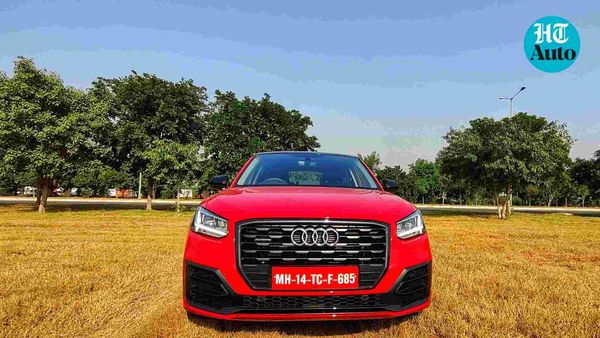

The coronavirus pandemic has hit hard the luxury car segment in India, taking it back by five to seven years, and it will take two to three years to reach the levels witnessed around 2014-2015, according to a top official of German auto major Audi.
With gradual recovery taking place post Covid-19 induced disruptions, sales will witness growth next year, albeit on a lower base.
"While we all are saying that sales are growing and there are positive sentiments and we will also grow next year...the base has become lower," Audi India Head Balbir Singh Dhillon told PTI.
Also check these Cars
"The number of cars that were sold in 2014-2015, we are not going to reach those levels immediately next year. So pandemic has actually taken us back by five-seven years," Dhillon added.
Also Read : Audi Q2 aims to open doors for customers into luxury car segment
In 2014, luxury car sales in India stood at around 30,000 units, while it was at around 31,000 units in 2015.
When asked how soon the luxury car industry can turn around and recover the lost ground, he said, "For sure not next year, for the luxury segment (it will take) two to three years to reach those levels again."
Indian luxury car market, comprising top five players -- Mercedes, BMW, Audi, JLR and Volvo, is estimated to have sold nearly 35,500 units in 2019, down from 40,340 units in 2018.
Dhillon said the entire automotive sector has taken a big hit this year and "even last year for the luxury segment was also a degrowth year".
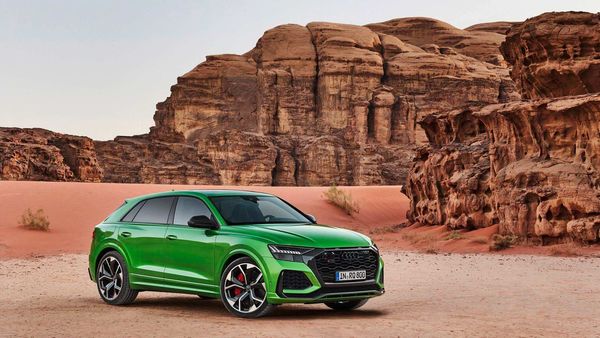

So in terms of volume growth, it is going to start from next year, he said.
Also Read : Luxury carmakers unleash festive season offers to beat Covid impact on sales
"We are not coming back to the best of our years, but we are happy that we are moving in a positive direction," Dhillon said, while exuding confidence about the long-term potential of Indian automobile market.
Stating that motorisation level in India is very low, he said, "We have less than 30 cars for every 1,000 people as compared to other developing or developed countries where it is somewhere as high as 800 in China...We still have a lot of motorisation to happen."
"What India offers at this point of time is a lot of potential for the long term. Economy for sure is going down, but every estimate shows that there will be a V-shaped recovery in 2021 on the base of a lower economic activity this year, which will definitely improve the market," Dhillon said.
The other thing, he said, is the demographics of India with 65 per cent of population under the age of 35 years.
"These are those individuals who are ready to experiment, these are those individuals who do not believe in only saving but also in spending, these are those individuals who want to experience things other than put the money in their bank accounts.
"So for them, experience matters more than ownership of goods. These are all positive things, which we think will continue to give positive energy to the automotive energy," Dhillon added.







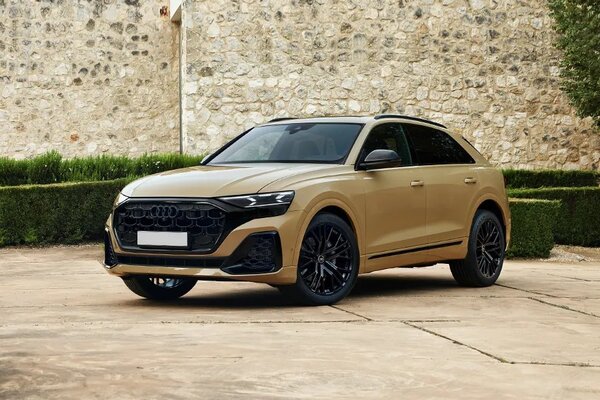
 2995 cc
2995 cc Petrol
Petrol